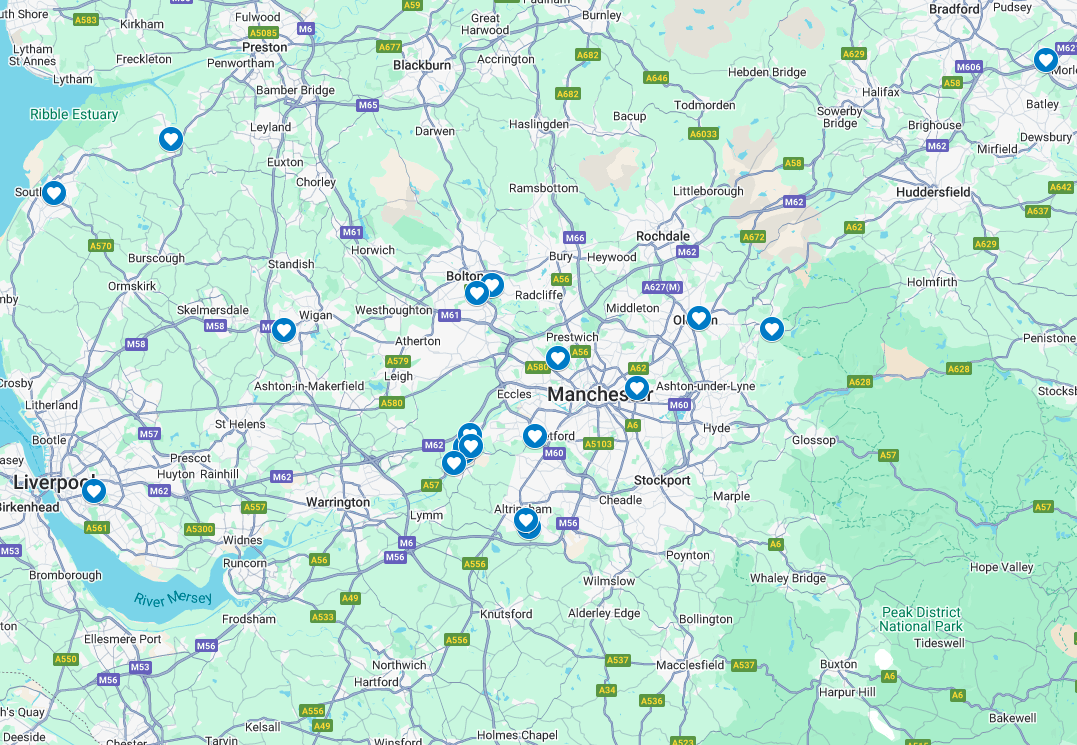What does CQC say about defibrillators?

Defibrillators are an essential piece of equipment for all public places whether it be schools, offices, shopping centres or sporting arenas. Find out what The CQC has to say about life-saving defibrillators and where they should be placed.
Who is the CQC?
The Care Quality Commission (CQC) is an independent regulator of health and social care in England. They inspect and regulate health and social care services in an effort to ensure the general public receive ‘safe, effective, compassionate and high-quality care’.
What does the CQC say about defibrillators?
The Care Quality Commission advise that all clinical areas should be equipped with life-saving defibrillators – ‘We endorse the Resuscitation Council’s guidance that all clinical areas should have immediate access to an automated external defibrillator (AED).’
They have indicated that all premises in which patients are seen clinically should have a defibrillator available and this includes practices in which patients are seen by:
A dentist only A clinical dental technician only A dental hygienist or dental therapist only A combination of members of the dental team
The CQC visited an unnamed dental practice and filed a report with the below statement in regards to their onsite defibrillator;
‘We looked at the defibrillator machine at the surgery. The machine had an ‘out of order’ notice on it, and the pads were past their use-by date. When we asked to see this machine working, the batteries were not charged and the machine would not switch on. The staff were not able to show us a protocol for maintaining this equipment and the manager told us the senior partner usually dealt with this. However, the senior partner was on leave at the time of our inspection and the other partners were unable to provide any information.’
They concluded that patients were not protected due to the unsafe equipment as the defibrillator unit was not properly maintained or suitable for its purpose.
Importance of defibrillator maintenance
Once you have purchased a life-saving defibrillator, it is important to regularly check the unit and keep it in good working order.
Defibrillator pads last from 1-5 years, depending on the make and model of your device. It is important to replace your electrode pads before they expire to ensure your device remains in a working condition and able to deliver a shock if required.
Defibrillator battery life also varies from 2-7 years, depending on what make and model you have.
Whether you purchased your defibrillator from us or not, we offer a FREE reminder service. Register your expiry dates with us and we will notify you 3,2 and 1 month ahead of your expiration dates, reminding you to purchase new consumables to keep your defibrillator in its optimum working condition.
If you are planning on purchasing a defibrillator, it is a great idea to have more than one person trained on the equipment to avoid situations like the above case where only one person knew how to operate and maintain the equipment. Our training department, Imperative Training offers informative and educational CPR and AED training which also covers basic CPR skills or can act as a refresher if you are already first aid trained.
More Information
To find out more about the topics discussed in this article, do not hesitate to get in touch. A member of the team will be happy to assist you with any questions or queries you may have.
defibshop are committed to equipping everyone with the skills and knowledge to save a life. Speak to one of our Product Specialists on 0161 776 7422 or fill out our Contact Form.












